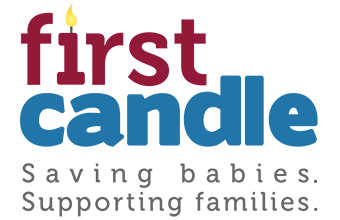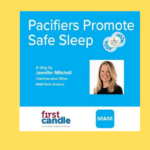Reducing Maternal and Infant Mortality: How Medicaid Expansion Can Help
The United States is often assumed to be one of the safest places in the world in which to give birth. But the truth is, national maternal mortality rates have been steadily climbing for decades. In fact, the prevalence of pregnancy-related maternal deaths has more than doubled in the US since 1987, from 7.2 deaths per 100,000 live births to 16.7 in 2016.
Insufficient prenatal and post-natal care, unnecessary C-sections and racial and ethnic disparities in care all play a role in contributing to these startling statistics, which are higher for women of color than Caucasians.
Recently, the House Energy and Commerce Committee introduced two bipartisan bills to address this issue. One would grant states the option to extend maternal Medicaid coverage for up to a year after a baby is born and the other would improve maternal health care coverage benefits.
The expansion of maternal Medicaid coverage for the 12 months following a child’s birth is critical. What many people don’t realize is that moms with high-risk pregnancies aren’t out of the woods just because the pregnancy comes to an end. In fact, more than half of pregnancy-related deaths occur after the baby is born, during a 100-day post-partum period some refer to as the “fourth trimester.” For women of color, the risks are even higher. While 12 percent of pregnancy-related deaths occur in white women after the six-week post-partum checkup, nearly 15 percent of black women will die during this same period.
Unfortunately, it is often during this critical first year that gaps emerge in a woman’s health insurance coverage. Too often, mom’s Medicaid coverage ends just as her baby’s life begins.
Expanding Medicaid coverage for new moms would provide consistency in maternal care during this highly vulnerable period, helping to reduce maternal mortality and morbidity. But it could also provide greater protections for newborns, helping to prevent SIDS and other sleep-related infant deaths by:
- Screening mom for depression (which can lead new mothers to bring babies into bed with them and/or result in alcohol or other substance use and abuses);
- Offering support for breastfeeding (which reduces the rates of SIDS by 50%);
- Providing an opportunity to discuss sleep issues for both mom and baby;
- Allowing healthcare providers to discuss and reinforce safe sleep messages, as babies are most vulnerable to SIDS and accidental suffocation between the ages of two and four months.
It is for these reasons that First Candle strongly supports Medicaid expansion as a means of improving the health of both mom and baby. We believe this legislation can provide an important step toward reducing maternal and infant mortality rates in the United States, where all mothers and children should have access to the care they need to ensure a healthy start in life.




